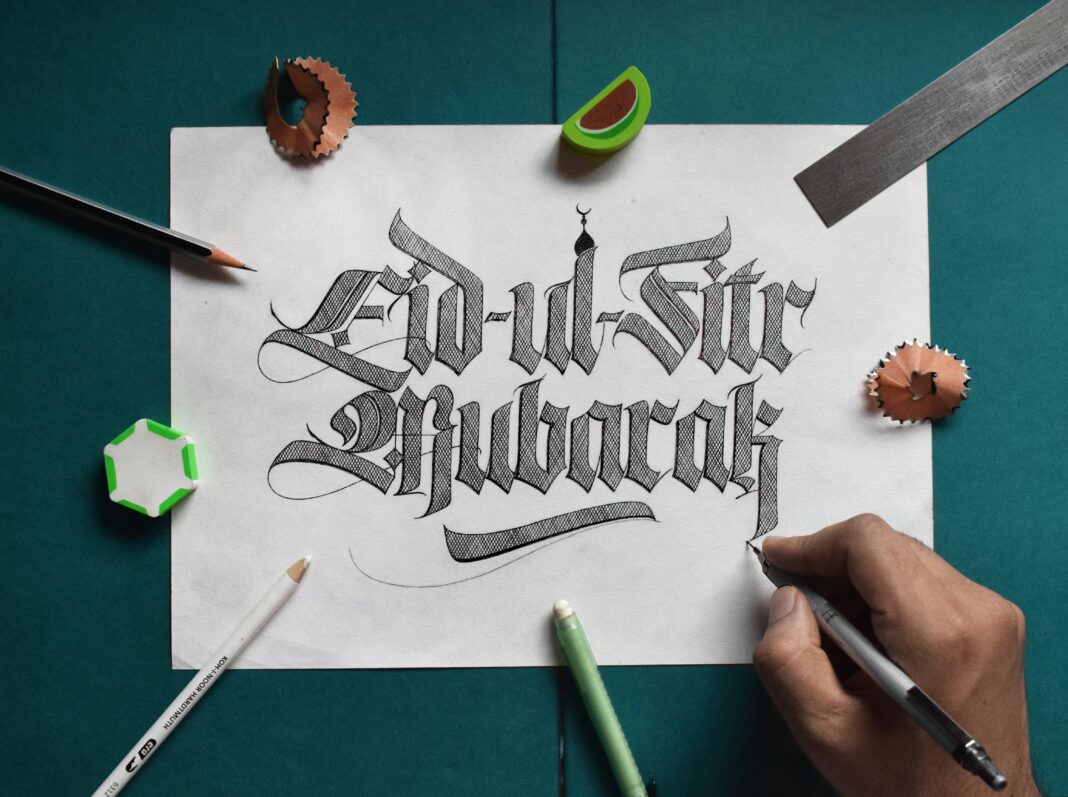Welcome to the sixth and final episode of Beyond the Fast for 2025, a series that takes Ramadan beyond the stereotypes, beyond the surface-level understanding, and into what it truly means for the people who experience it.
And today, we’re talking about Eid ul-Fitr (first Eid of two), which this year lands on Sunday, March 30 or Monday, March 31st, depending on the sighting of the moon (reference to the lunar calendar, if you want to learn more about this calendar, check out Ep 1!)
The day that marks the end of an entire month of fasting, reflection, and growth. It’s the moment everything builds up to, the sort of grand finale after a month’s journey.
For Muslims, Eid is huge! It’s anticipated weeks before Ramadan even begins, and when it finally arrives, it’s the best day of the year for a reason. There’s a collective joy in our homes, in the way people greet one another, Eid Mubarak! (means blessed festival) Hugs. Laughter. The smell of something sweet coming from the kitchen. The excitement of wearing new clothes, of seeing family and friends, of eating, celebrating not just the end of fasting, but the personal growth that came with it.
But before we get to any of that, there’s one last act of giving: Zakat al-Fitr. Every Muslim who can afford it is required to donate to those in need, ensuring that no one is left out of the celebrations.
Because joy is meant to be shared. Faith isn’t just about what you do for yourself, it’s about what you do for others. And that’s the whole point of Eid. Of Ramadan. Of it all!
The Weight of the Moment
The morning of Eid starts early, dressed in our best, we gather for the Eid prayer. Dozens, sometimes hundreds, of people standing together in prayer. And when it ends, when people turn to each other with smiles and finally..Eid Mubarak!
Then, the celebrations begin. The actual celebrations. And across cultures, they look different, some families start the day with sheer khurma, a warm, sweet dessert made with milk and vermicelli; others bake ma’amoul, date-filled cookies dusted with powdered sugar.
In some parts of the world, the streets come alive with parades and public gatherings. In others, it’s a quieter day, spent in the comfort of home with loved ones. But no matter where you are, one thing is always the same: Eid is about togetherness, about gratitude. About recognizing the strength it took to get through Ramadan and carrying those lessons forward.
Because that’s the thing, Ramadan isn’t just a month that comes and goes. It’s meant to stay with you. The patience you built, the discipline you practiced, the way you turned inward and really reflected on yourself, none of that disappears just because the fasting is over. Eid is a celebration, yes, but it’s also a reminder: Now what? How do you take what you’ve learned and use it to be a better person?
The End Of ‘Beyond The Fast’ 2025!:
I hope this series has given you something to think about. I hope it’s helped you see Ramadan for what it really is, beyond just “not eating from sunrise to sunset.” I hope it’s made you curious, not just about Ramadan, but about the people around you. Because that’s what learning about different cultures does. It makes us ask more questions and makes us pay attention. It makes the world feel a little less divided and a lot more like a place we all belong to.
So if you’ve made it to the end of Beyond the Fast, thank you. Thank you for reading and listening to what I have to say, for taking the time to understand something that maybe didn’t directly affect you. That kind of effort and openness? It matters. More than ever, especially right now.
And wherever you are, whatever you celebrate, I hope you find moments of joy and connection everyday!

